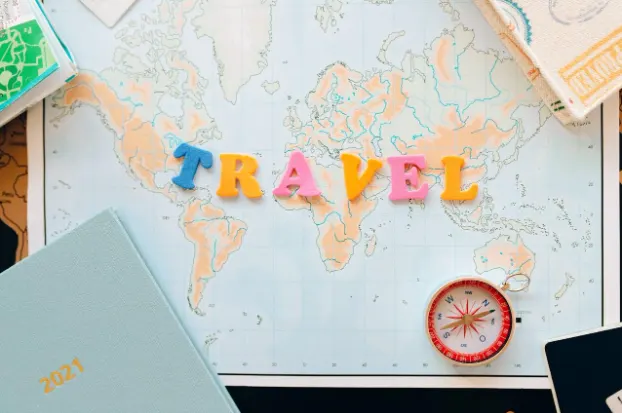Planning a trip with someone else can be one of the most exciting experiences or one of the most stressful. The difference often comes down to how well you prepare and communicate before you leave. However, most travel disasters are completely preventable. With a little foresight and honest conversation, you can avoid the common pitfalls that derail so many group trips. Here are six mistakes that can sabotage your vacation and how to steer clear of them.
1. Unspoken Expectations Can Cause Problems
Nothing ruins a trip faster than assumptions. Maybe you’re picturing lazy beach days while your travel companion is planning action-packed adventures. One person might expect to split everything equally while the other assumes the higher earner will cover more costs. These silent expectations create tension because nobody knows the rules. Before you book anything, sit down and talk about what you both want from this trip. Are you looking to relax or explore? Do you want to eat at fancy restaurants or grab street food?
2. Plan Activities Together
One person shouldn’t become the default trip planner while everyone else just shows up. This creates resentment and missed opportunities for activities that would excite the whole group. Research destinations and activities as a team.
Each person can take responsibility for planning one or two days, or you can assign different categories like food, entertainment, and sightseeing. Involve your whole group in researching and selecting tours that match everyone’s interests and physical abilities. The best NaPali coast boat tours from Princeville offer incredible viewing opportunities for groups.
3. Be Realistic About Your Vacation Budget
Money conversations feel awkward, but avoiding them creates bigger problems. Someone always ends up spending more than they’re comfortable with or feeling left out because they can’t afford the group’s choices. Set a clear budget that works for everyone involved. Discuss who pays for what and when. Will you split meals equally even if one person orders expensive wine? What about activities where costs vary wildly? Hash out these details before you’re standing at a restaurant trying to figure out the bill.
4. Discuss Your Travel Style
Some people love jam-packed itineraries while others prefer spontaneous wandering. Some need eight hours of sleep while others want to party until dawn. These differences aren’t wrong, but they need to be acknowledged and planned for.
Talk about your travel preferences honestly. Share your non-negotiables and your flexible areas. If you’re a planner traveling with someone spontaneous, find ways to accommodate both styles. Maybe you book accommodations in advance but leave activities open to decide daily.
5. Pack Appropriately
Overpacking or underpacking can stress out your entire group. The person who brings too much stuff slows everyone down. The person who brings too little ends up borrowing from others or needing emergency shopping trips. Create packing lists together and share them. Coordinate items that can be shared like phone chargers, first aid supplies, or travel adapters. Agree on luggage limits if you’re sharing transportation.
6. Don’t Forget to Be Flexible
Plans change, and rigid thinking kills vacation fun. Flights get delayed, weather doesn’t cooperate, and that highly recommended restaurant might be closed for renovations. The travelers who adapt quickly have the best experiences.
Build flexibility into your schedule and your mindset. Leave some days partially unplanned. Have backup indoor activities for rainy days. Most importantly, agree as a group that changes are okay and complaining won’t help anyone.
Conclusion
Planning a trip with others doesn’t have to be a minefield of miscommunication and mismatched expectations. It can be one of the most rewarding experiences if approached with care. By talking openly about your travel styles, budgets, and goals, and by sharing responsibilities like packing and activity planning, you create a foundation of trust and teamwork. The key is to stay flexible, realistic, and inclusive throughout the process. When everyone feels heard and prepared, the trip becomes less about logistics and more about connection, adventure, and shared memories that last well beyond the journey.

















